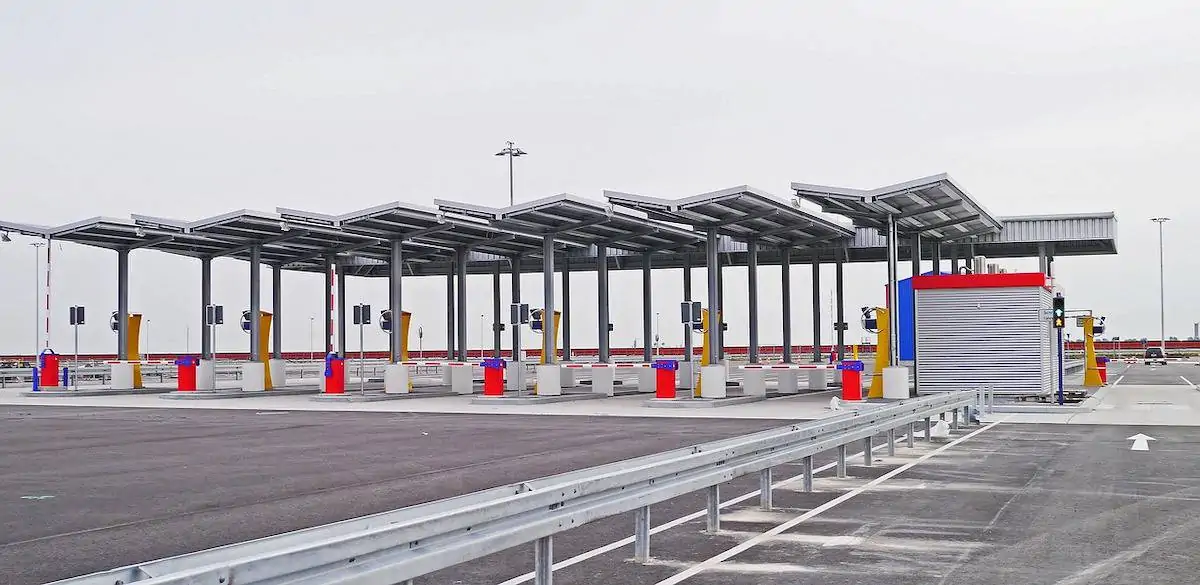Anyone in Supply Chain has likely heard the phrase “Incoterms”, certainly if you are involved in Freight and Logistics management, or perhaps in Finance.
Even if you haven’t heard of “Incoterms” you are more likely to have heard of terms like “Ex Works”, “Free on Board” or FOB, or “DDP” (Delivered Duty Paid, amongst others. These, and more, are called Incoterms.
But for those who are unfamiliar with all of these acronyms and definitions they can be quite confusing and difficult to understand.
In this article we will endeavour to provide more clarity on what Incoterms are.
The word “Incoterms” is an abbreviation of International Commercial Terms, established by the International Chamber of Commerce (ICC). They are intended to provided definitions of the various conditions that occur in the movement and trade of goods. As such they are widely recognized as the prevailing internationally and domestically recognized terms by companies, countries and governments.
These conditions are based on different levels of responsibility in trade between buyers and sellers. These responsibilities pertain to cost, ownership, logistics activities and risks.
These responsibilities define, as published by logisticsplus.net:
- Point of delivery: here, the incoterms defines the point of change of hands from seller to buyer.
- Transportation costs: here, the incoterms defines who pays for whichever transportation is required.
- Export and import formalities: here, incoterms defines which party arranges for import and export formalities.
- Insurance cost: here, incoterms define who takes charge of the insurance cost.
If you are buying or selling goods, issuing or received purchase orders, receiving or sending invoices, negotiating contracts, labelling packages or moving goods, you will likely be exposed to one or more Incoterms.
Incoterms
The ICC has issued new Incoterms, which they do every decade. Incoterms 2020 includes a number of changes from the prior version.
The following table provided by shippingsolutions.com illustrates the different responsibilities (whether Buyer or Seller), by activity for each of the 11 Incoterms.

By way of example Ex Works (EXW) has the Buyer assuming all responsibility for the ownership and movement of goods from the Seller’s docks (or other designated location).
At the other extreme Delivery Duty Paid (DDP) has the Seller assuming all responsibilities of ownership, cost and movement until the goods arrive at the Buyer’s location of choice.
All other terms fall somewhere else within this continuum. Individual circumstances will dictate which terms are most appropriate in each Buyer-Seller relationship.
Conclusion
According to approvedforwarders.com the 5 most common acronyms are: Ex Works (EXW), Delivered Duty Paid (DDP), Free on Board (FOB), Cost, Insurance and Freight (CIF), and Free Alongside Ship (FAS).
This will bring you into the world of Freight Forwarders, Customs Brokers, Carriers and more.
If you are not using these terms you should start immediately. These are internationally recognized standards and they can save you from having issues and surprises.
If you are not familiar with these terms, or the different types of terms available, take the time to research these in more detail to ensure that you are using the most appropriate term for your specific situation.


You must have a lot of pride in writing quality content. I’m impressed with the amount of solid information you have written in your article. I hope to read more.